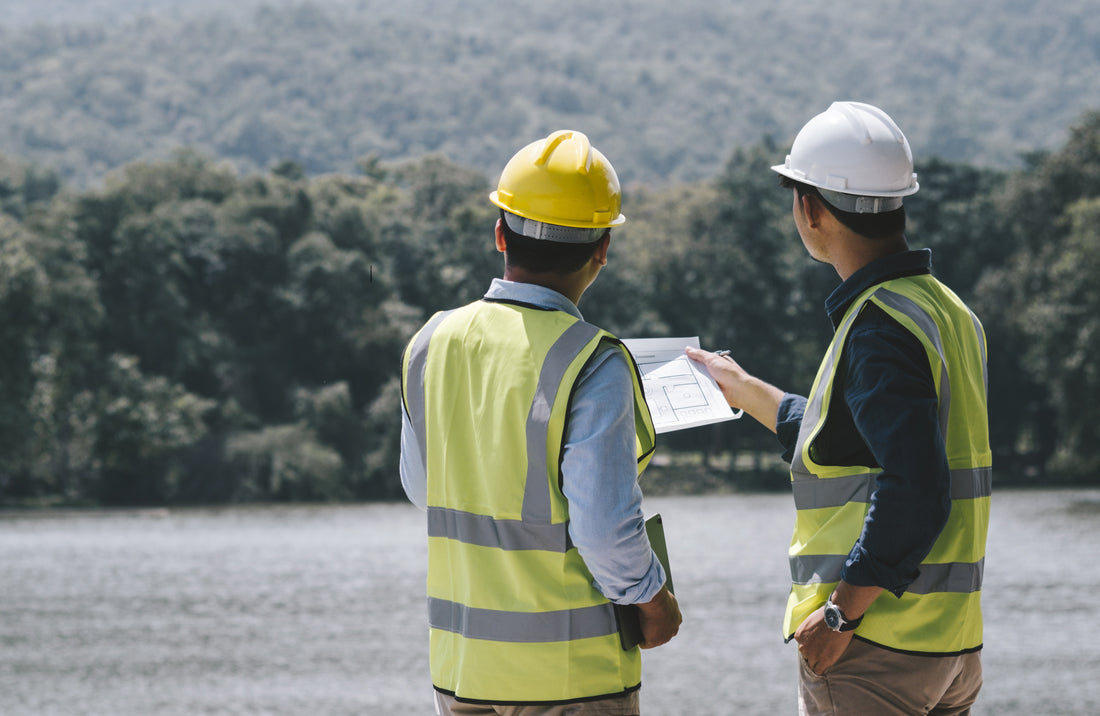What the public sees in the media does not typically include positive stories or images about the energy sector.

What the public sees in nature is invisible i.e., a well-reclaimed site goes unnoticed.

Corporations typically share reclamation data in a Sustainability Report - that can often be up to 100-pages long. The average individual does not read these reports.

If an article is published on social media, it often contains photos of workers wearing PPE, which appears as if the area is still hazardous, i.e., personal protective equipment is naturally associated with industrial activity.

Uncertainty Encourages Skepticism
If the public is uncertain about your company’s reclamation success stories, they will be skeptical of the results. One way to share a project’s successful results is through art. By depicting reclamation as a landscape painting, you are reaching the viewer on an emotional level. You are reaching people who do not read sustainability reports.
Imagine your key reclamation sites in a series of landscape paintings (accompanied by QR codes) that take the viewer to publicly-published articles, to a simple paragraph, or to a short video that explains the reclamation project (created by your organization).

 Syncrude Sandhill Fen
Syncrude Sandhill Fen

